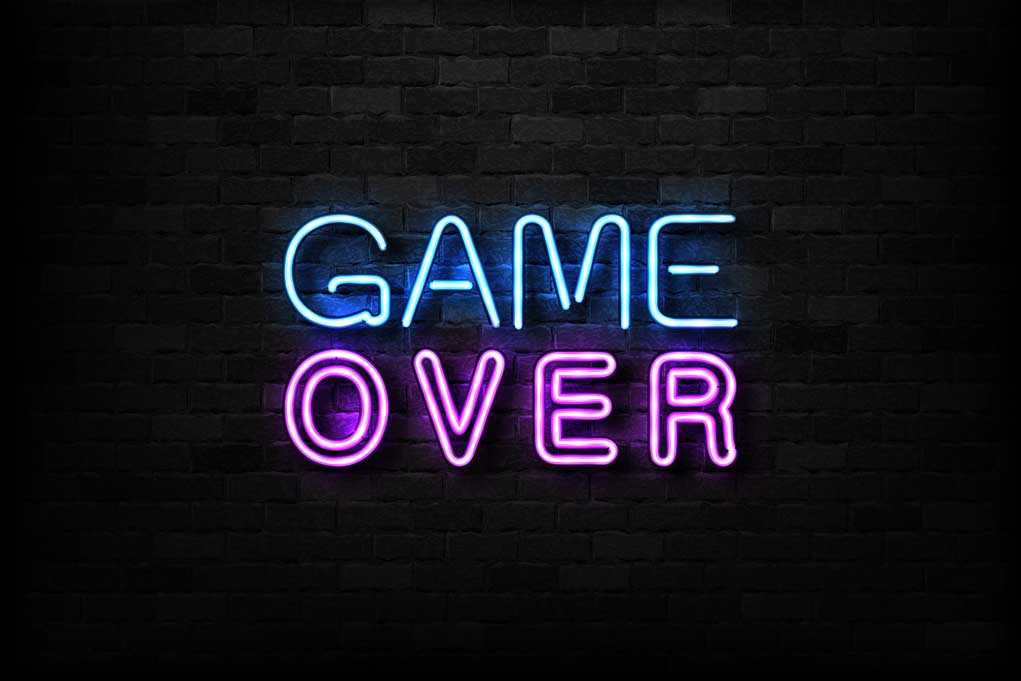
Government regulators force Epic Games to shell out $126 million to Fortnite players after catching the gaming giant using deceptive tactics to trick children and parents into making unwanted purchases.
Key Takeaways
- Epic Games is paying out $126 million in refunds as part of a larger $245 million FTC settlement over deceptive billing practices in Fortnite.
- Total refunds related to the case have now reached nearly $200 million, with more expected as new claims are processed.
- Eligible consumers have until July 9, 2025, to submit claims for refunds if they were charged for unwanted purchases or if children made unauthorized transactions.
- The FTC accused Epic of using “dark patterns” to trick users into making purchases, demonstrating yet another example of big tech companies manipulating consumers.
- No payment or account information is required to receive a refund, as the government handles distribution through checks and PayPal.
Another Big Tech Company Caught Exploiting Consumers
The Federal Trade Commission has delivered a significant blow to Epic Games, forcing the company to pay out $126 million to Fortnite players who were victims of its deceptive billing practices. This latest round of refunds is part of a larger $245 million settlement agreed upon in December 2022, when the gaming giant was caught implementing manipulative design features that tricked players into making unwanted purchases. The FTC has already distributed 629,344 payments totaling over $72 million in December 2024, with a second round now delivering nearly one million additional payments to affected consumers.
The settlement exposes yet another example of a technology company prioritizing profits over consumer protection. Epic Games allegedly employed what the FTC describes as “dark patterns” – deceptive user interface designs specifically crafted to manipulate users into making unintended purchases. These tactics particularly affected children playing Fortnite, who could easily trigger unwanted transactions through confusing button layouts and misleading prompts. Parents were often left footing the bill for hundreds of dollars in unauthorized charges, with little recourse from the company.
FTC delivers $125 million in refunds to Fortnite players who were tricked into unwanted purchases via persuasive design features as part of a settlement with Epics Games. The @FTC also reopened the claims for additional refunds.
Read more: https://t.co/5k3EtFpiXq
— Children and Screens (@childrenscreens) June 25, 2025
How Affected Players Can Claim Their Refunds
The FTC has now reopened the claims process for consumers who have not yet filed for their refunds. Eligible claimants include those charged for unwanted in-game items, parents whose children made unauthorized purchases, and users whose accounts were locked after disputing wrongful charges. To receive compensation, affected consumers must submit their claims by July 9, 2025, through the official FTC website. Importantly, claimants need to be over 18 years old or have a parent or guardian file on their behalf if under 18.
“Eligible consumers who have not yet submitted a claim will now have until July 9, 2025, to submit one at www.ftc.gov/fortnite,” the FTC stated in its announcement. The agency also emphasized: “We never require people to pay money or provide account information to get a refund.”
Those who have already received payments were instructed to cash their checks within 90 days or redeem PayPal payments within 30 days. The FTC has enlisted Rust Consulting, Inc. to handle payment distribution and answer questions about the claims process. For consumers who need assistance, inquiries can be directed to [email protected] or by calling 1-833-915-0880.
Government Finally Taking Action Against Digital Deception
This settlement represents a rare instance of the government taking meaningful action against the predatory business practices that have become increasingly common in the digital marketplace. The FTC’s enforcement effort sends a clear message that companies cannot exploit consumers, particularly children, through deliberately confusing interfaces designed to extract money. Epic Games has declined to comment on the latest round of refunds, instead referring to their initial settlement announcement from 2022 – a telling silence from a company caught red-handed.
“Today’s announcement brings the total amount of refunds the FTC has issued to consumers related to Epic’s deceptive billing practices to nearly $200 million,” the FTC stated, highlighting the massive scale of the company’s exploitative tactics.
While this settlement provides some justice for affected Fortnite players, it also raises questions about how many other digital companies are employing similar deceptive practices. The gaming industry has increasingly relied on microtransactions and in-game purchases as revenue sources, with children often being the primary targets. Parents should remain vigilant about digital purchases and consider using parental controls to prevent unauthorized transactions. The FTC’s action against Epic Games should serve as a warning to other companies that exploitative practices will eventually face consequences.












